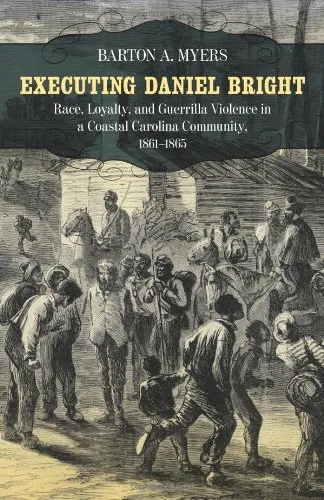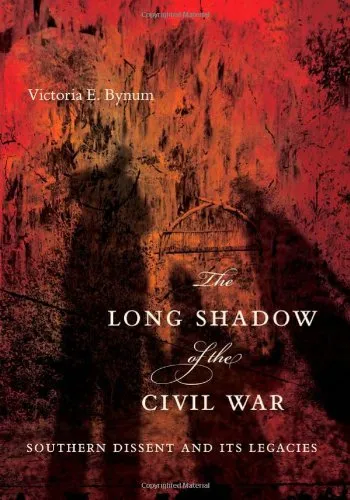Support Refhub: Together for Knowledge and Culture
Dear friends,
As you know, Refhub.ir has always been a valuable resource for accessing free and legal books, striving to make knowledge and culture available to everyone. However, due to the current situation and the ongoing war between Iran and Israel, we are facing significant challenges in maintaining our infrastructure and services.
Unfortunately, with the onset of this conflict, our revenue streams have been severely impacted, and we can no longer cover the costs of servers, developers, and storage space. We need your support to continue our activities and develop a free and efficient AI-powered e-reader for you.
To overcome this crisis, we need to raise approximately $5,000. Every user can help us with a minimum of just $1. If we are unable to gather this amount within the next two months, we will be forced to shut down our servers permanently.
Your contributions can make a significant difference in helping us get through this difficult time and continue to serve you. Your support means the world to us, and every donation, big or small, can have a significant impact on our ability to continue our mission.
You can help us through the cryptocurrency payment gateway available on our website. Every step you take is a step towards expanding knowledge and culture.
Thank you so much for your support,
The Refhub Team
Donate NowExecuting Daniel Bright: Race, Loyalty, and Guerrilla Violence in a Coastal Carolina Community 1861-1865 (Conflicting Worlds: New Dimensions of the American Civil War Series)
3.8
Reviews from our users

You Can Ask your questions from this book's AI after Login
Each download or ask from book AI costs 2 points. To earn more free points, please visit the Points Guide Page and complete some valuable actions.Related Refrences:
Introduction to "Executing Daniel Bright: Race, Loyalty, and Guerrilla Violence in a Coastal Carolina Community, 1861-1865"
In "Executing Daniel Bright: Race, Loyalty, and Guerrilla Violence in a Coastal Carolina Community, 1861-1865," author Barton A. Myers delves into the tumultuous and often-overlooked experiences of a coastal Carolina community during the Civil War. Through the life and death of Daniel Bright, Myers explores the complex interplay of race, loyalty, and guerrilla warfare, offering a fresh perspective on this turbulent period in American history. This introduction provides an overview of the book, its key insights, memorable quotes, and its significance in the broader context of Civil War studies.
Detailed Summary of the Book
The book examines the intricate dynamics of Civil War-era North Carolina, focusing specifically on the unique coastal region where political allegiances and military strategies were fluid and unpredictable. Through meticulous research, Barton A. Myers reconstructs the events leading to the execution of Daniel Bright, a local Confederate guerilla fighter, by Union forces. This incident serves as a lens through which the broader themes of race, identity, and loyalty are scrutinized.
Myers explores the complex social tapestry of the region, highlighting how longstanding racial tensions and political loyalties intersected violently during the war. The narrative sheds light on how communities were divided, not just along the line of Union versus Confederate, but through a myriad of loyalties influenced by socio-economic status, race, and personal relationships. The author uses vivid storytelling and primary sources to animate the historical figures involved, providing a human dimension to historical analysis.
Key Takeaways
- The Conflict of Loyalties: The book illustrates how loyalty during the Civil War was not a binary choice but a web of complex allegiances influenced by geographic, economic, and familial contexts.
- Impact of Guerrilla Warfare: Myers highlights the strategic and psychological impact of guerrilla warfare on both the local population and military strategies during the Civil War.
- Race and Violence: A critical examination of how racial dynamics informed the violent outbursts within the community and how these fissures were exacerbated by wartime pressures.
- Personal Stories within Larger Narratives: Myers skillfully intertwines individual fates with broader historical currents, enriching the reader’s understanding of the Civil War's true impact on everyday people.
Famous Quotes from the Book
"In a community torn asunder by war, the lines between friend and foe were often indistinguishable, creating a living nightmare for those trapped within its grasp."
"Daniel Bright's death was not merely an execution; it was a statement—a brutal assertion of power that reverberated through every rank and race of the wartime society."
Why This Book Matters
Barton A. Myers' work is a significant contribution to Civil War historiography, particularly in its focus on the under-explored subject of guerrilla warfare and local dynamics. By concentrating on a microcosm of the Civil War, Myers uncovers the nuances that played a crucial role in shaping wartime experiences yet are often overshadowed by grand narratives of battlefields and political strategy.
Moreover, Myers' meticulous archival work and detailed narrative serve as a vital resource for historians, educators, and students interested in the multifaceted aspects of Civil War history. His exploration of civilian experiences and the interplay of various social factors provides a more inclusive view of the past, ensuring that the complex realities of the period are not lost to time.
Free Direct Download
Get Free Access to Download this and other Thousands of Books (Join Now)
For read this book you need PDF Reader Software like Foxit Reader



